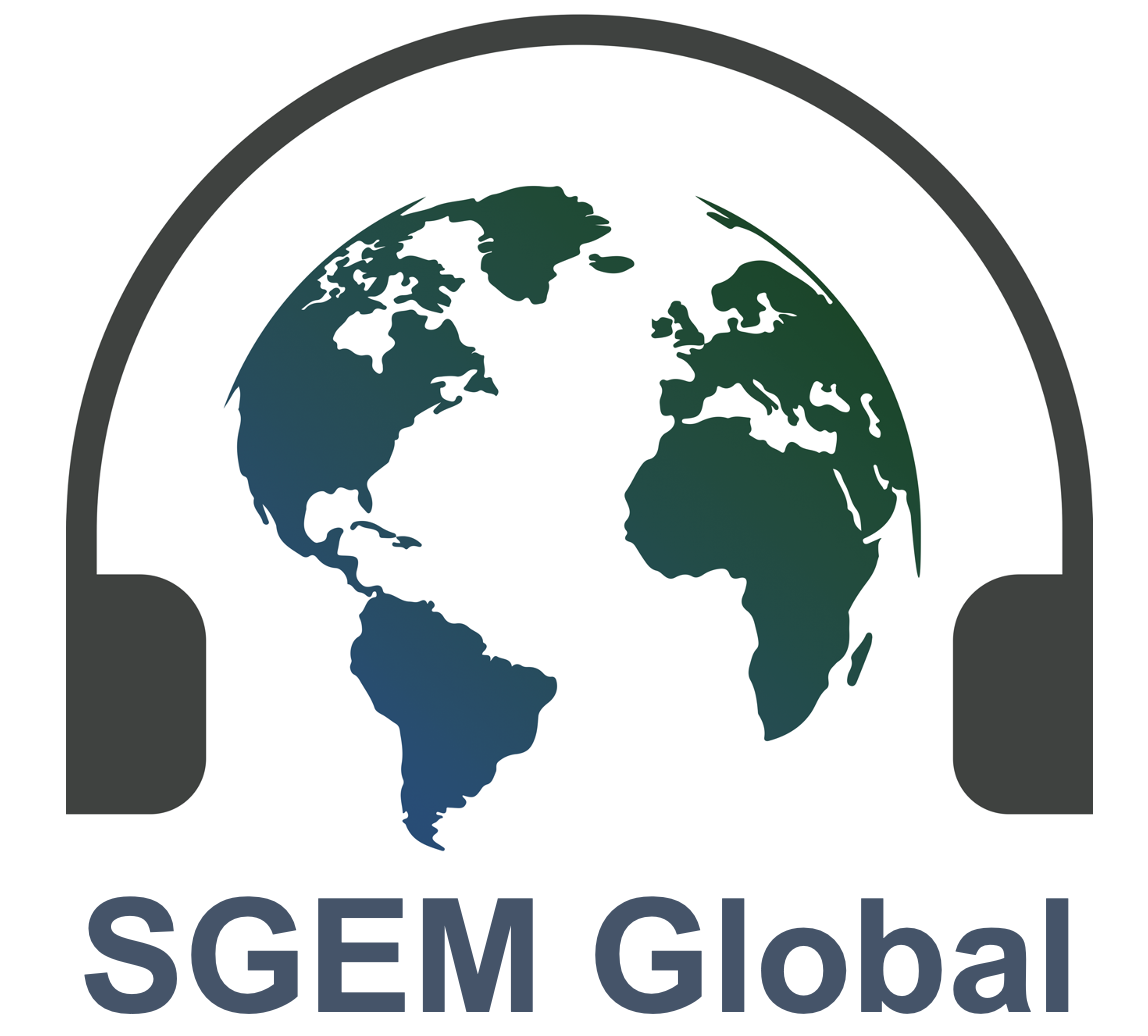Podcast: Play in new window
Subscribe: RSS
Date: March 12th, 2020

Dr. Jonathan Stea
Guest Skeptic: Dr. Jonathan Stea (@Jonathanstea) is a PhD Clinical Psychologist working at the Foothills Medical Centre in Calgary, Alberta. He is also an Adjunct Assistant Professor, Department of Psychology, University of Calgary.
This SGEM Xtra is based on a tweet from about a month ago on The 10 Commandments of helping distinguish between science from pseudoscience for psychology students. It was written by Scott O. Lilienfeld (Association for Psychological Science 2005).
This seemed like a good time to discuss pseudoscience because of the legitimate concerns about COVID19. These high anxiety situations regarding health seem to bring out those looking to sell fraudulent products. The FDA has even had to issue warning letters to firms with claims to “prevent, treat, mitigate, diagnose or cure coronavirus disease 2019 (COVID-19).”
Dr. Nina Shapiro has written a couple of articles in Forbes about this issue of “miracle cures” and FDA warnings. There was also an article by Timothy Caulfield (@CaulfieldTIm). In that piece he specifically mentioned a Calgary naturopathy who made some unsupported claims about COVID19.
- Fears Of The COVID-19 Coronavirus Provide More Opportunity For Misinformation About Miracle Cures (March 1, 2020)
- FDA Issues Warnings To Companies Selling Fraudulent COVID-19 Coronavirus Therapies (March 9, 2020)
- Misinformation, alternative medicine and the coronavirus (March 12, 2020)
We also need to be careful not to paint with too broad of a brush. There are bad people out there making false claims. It does not mean all practitioners are bad and all practices are fraudulent. Massage therapy and Reiki may relieve some peoples’ anxiety over COVID19.
In contrast, there is no high-quality evidence that homeopathy and chiropractic care can cure COVID19. We should try to focus on the claims that people are making and hold those who are making incorrect claims accountable.
Even the Canadian Association of Naturopathic Doctors (CAND) said that the Calgary naturopath had made:
“false and misleading statements” and there “are no proven methods for the prevention or treatment of COVID-19 — claims otherwise made by any health professionals are invalid and should be reported immediately to applicable regulators.”
We should apply the same level of skepticism and science to all claims. These include claims made by all health care providers including psychologists, physicians, nurses, chiropractors, naturopaths, acupuncturists, etc. It is not just about COVID19 claims but about any therapeutic claims. Patients deserve the best care, based on the best evidence.

COVID19
The COVID19 story is evolving quickly and could be out of date when this episode is published. Here are some basic things that you could do to try and stay healthy:
- Wash your hands well (at least 20 seconds with soap and water) and try not to touch your face
- Avoid people who are sick and limit your social gatherings
- Stay home if you are feeling ill
- Cough into a tissue and throw it out immediately or cough into your elbow and disinfect objects or surfaces with a regular household cleaning wipe or spray
- People who are feeling ill should wear a facemask but other people who are feeling fine and not caring for a sick person do not need to wear a mask
If you are unsure of what to do, please contact your local health authority. There are some official websites to get the latest update on the COVID19 situation:
- Centre for Disease Control and Prevention
- Health Canada
- Public Health Ontario
- World Health Organization
- Food and Drug Administration
A Rough Guide To Spotting Bad Science

Science is very exciting and does not need to be made more sensational. As a science communicator, it is disappointing when research is hyped up in the media. A recent example of this would be the CRASH#3 trial. This was a well-designed randomized control trial asking an important question. The research group successfully completed and published their trial in a high impact journal. The primary outcome was “negative” but that in no way negates the science or its importance. It was unfortunate to see the spin that came out on CRASH#3 (SGEM#270).
The 10 Commandments of EBM
The 10 Commandments of Helping Students Distinguish Science from Pseudoscience in Psychology.
There are a number of definitions of science and here is one:
“Science is the study of the nature and behaviour of natural things and the knowledge that we obtain about them.” Collins Dictionary.
American Psychological Association Dictionary of Psychology has a definition for Pseudoscience:
“a system of theories and methods that has some resemblance to a genuine science but that cannot be considered such. Examples include astrology, numerology, and esoteric magic. Various criteria for distinguishing pseudosciences from true sciences have been proposed, one of the most influential being that of falsifiability.”
Using these definitions, here is the list of the 10 Commandments from Dr. Scott O. Lilienfeld:

The SGEM will be back next episode doing a structured critical appraisal of a recent publication. Trying to cut the knowledge translation window down from over ten years to less than one year using the power of social media. The ultimate goal is for patients get the best care, based on the best evidence.








You must be logged in to post a comment.